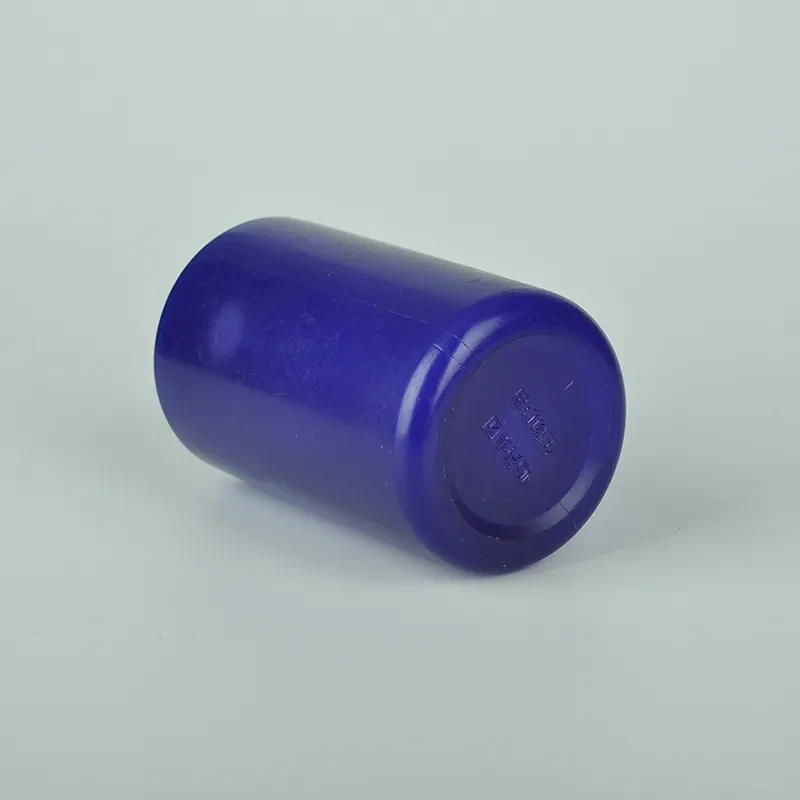recycling empty prescription bottles
Recycling Empty Prescription Bottles A Step Towards Sustainability
In a world increasingly concerned with sustainability and environmental protection, recycling has become a critical issue. Among the myriad of items that demand our attention, empty prescription bottles often go unnoticed. These seemingly inconsequential plastic containers contribute significantly to plastic waste, and recycling them can play a pivotal role in promoting a greener planet.
Prescription bottles, usually made from high-density polyethylene (HDPE), are durable and designed to resist moisture and chemicals. This makes them ideal for storing medications, but it also means that they can persist in landfills for a considerable time if not recycled properly. Every year, millions of these bottles are discarded after their contents have been consumed, adding to the plastic waste crisis. By understanding the importance of recycling empty prescription bottles, individuals can take an essential step towards responsible waste management.
One of the primary challenges of recycling prescription bottles is the lack of awareness about their recyclability. Many people are uncertain about whether these bottles can be treated like regular plastic containers. In fact, the recycling process for prescription bottles requires specific steps to ensure they are properly disposed of. Generally, recycling programs aim to minimize contamination in recycled materials, so it's crucial to clean the bottles thoroughly before placing them in the recycling bin. This involves rinsing out any remaining medication and removing labels that might contain personal information.
Moreover, different communities have varying guidelines regarding recycling prescription bottles. Some local recycling programs accept them, while others do not. It's important to check with local waste management authorities to understand the requirements in your area. This can foster a sense of community responsibility, as everyone can contribute to recycling efforts by staying informed and following local regulations.
recycling empty prescription bottles

Recycling empty prescription bottles serves dual purposes it reduces waste and conserves resources. When recycled, the plastic can be reprocessed into new products, such as containers, piping, and other plastic items, thereby reducing the need to create new plastic from raw materials. This not only minimizes energy consumption and greenhouse gas emissions associated with manufacturing new plastic but also helps to decrease the demand for fossil fuels.
Additionally, there are innovative initiatives that have emerged to repurpose prescription bottles that might not be suitable for standard recycling. Some organizations collect empty prescription bottles to reuse them for medical missions in underprivileged areas, where access to healthcare is limited. By donating these bottles, individuals can contribute to a meaningful cause while also participating in sustainability efforts.
Incorporating the practice of recycling empty prescription bottles into our daily lives is a relatively simple yet impactful change. Individuals can start by creating a dedicated space in their homes for used bottles, making it convenient to store them for recycling or donation. Moreover, educating friends and family about the importance of this practice can encourage wider adoption within communities.
Ultimately, as we become more conscious of our environmental footprint, every small action counts. Recycling empty prescription bottles is not merely a personal responsibility; it is a collective effort towards a more sustainable future. By transforming our habits and encouraging those around us to do the same, we can contribute to a circular economy where materials are reused and repurposed, reducing the need for new resources and minimizing waste.
In conclusion, empty prescription bottles may seem like trivial items in the grand scheme of recycling, but their impact on plastic waste highlights the need for more awareness and action. By educating ourselves and others, adhering to local recycling protocols, and considering innovative repurposing options, we can significantly mitigate the environmental impact of these plastic containers. Together, we can make a meaningful difference in our quest for sustainability. The next time you finish your medication, remember one small act of recycling can contribute to a larger movement towards a healthier planet.
-
Aesthetic Makeup Spray Bottles | Fine Mist Empty RefillableNewsAug.19,2025
-
White Plastic Veterinary Vaccine Vials | Lab Liquid BottlesNewsAug.18,2025
-
Plastic Medicine Liquid Bottle: Secure Flip Top Drug VialsNewsAug.17,2025
-
Durable 250ml Blue Plastic Vaccine Vial for Lab & Vet UseNewsAug.16,2025
-
Sterile Virus Sample Tubes: Secure & Reliable Specimen CollectionNewsAug.15,2025
-
White 250ml Plastic Vaccine Vial for Lab & Vet MedicineNewsAug.14,2025
























